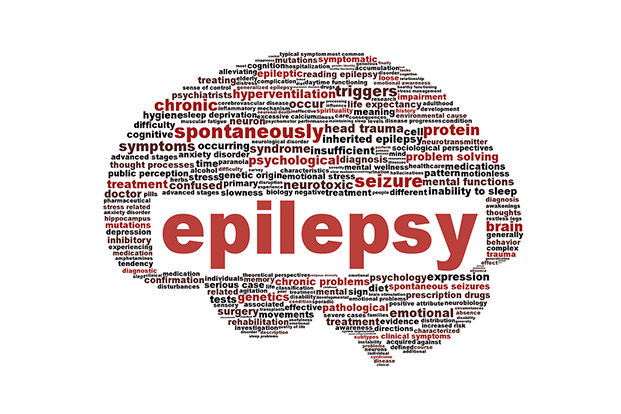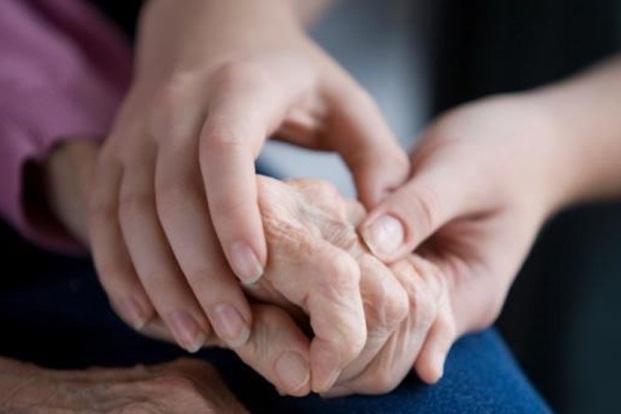Categories
- Bariatric Surgery (11)
- Black Fungus (5)
- Bone Marrow transplant (3)
- Brain Tumor Surgery Navigation Technology (20)
- Cardiac Surgery (66)
- Cardiology (97)
- Computer navigation technology for joint replacements (20)
- Covid Vaccination (17)
- Critical Care (2)
- Dental (19)
- Dermatology (31)
- Dialysis Support Group - “UTSAAH” (11)
- Dietitian (33)
- Emergency Medicine (4)
- Emotional Health (11)
- Endocrinology (33)
- ENT (20)
- Gastroenterology and GI Surgery (53)
- General and Laparoscopic Surgery (21)
- General Surgery (4)
- Gynecology & Obstetrics (183)
- Hematology (20)
- Internal Medicine (294)
- Kidney Transplant (50)
- Kidney Transplantation (20)
- Lung Cancer (8)
- Minimal Invasive Surgery (1)
- Mother & Child (20)
- mucormycosis (5)
- Nephrology (61)
- Neurology (147)
- Neurosurgery (68)
- Nutrition and Dietetics (107)
- Omicron Variant (1)
- Oncology (288)
- Ophthalmology (10)
- Orthopaedics & Joint Replacement (86)
- Paediatrics (59)
- Pediatric Nephrology (3)
- Physiotherapy (5)
- Plastic & Reconstructive Surgery (6)
- Psychiatry and Psychology (90)
- Psychologist (28)
- Pulmonology (72)
- Rheumatology (13)
- Spine Services (21)
- Transradial Angioplasty (16)
- Urology (84)
Query Form
Posted on Apr 19, 2022
Epilepsy: Are You Aware Of It?- International Epilepsy Day
Epilepsy is the most common and rapidly increasing issue worldwide. A chronic disease that affects 1 in 100 people all over the world and is most common in developing countries. In India, the issues associated to Epilepsy are more complex. It is estimated that around 14 people per 1000 population are expected to suffer from Epilepsy. Their seizure associated neurological disease is mostly found in children than adults. A recent study by the University of Oxford on Epilepsy highlighted that the majority of the global burden is in low income countries such as India. More over head injury has evolved as the major ciuse of Epilepsy.
What happens in Epilepsy?
Epilepsy is characterized with recurrent involuntary seizures that involve the entire body(generalized). During the episode the patient goes through loss of consciousness, loss on bladder control and function. Usually such episodes are seen in first at an early age on 10-20 years and the second peaks may be seen at an age of 50-60 years of age. If seen earlier, it is characterized as Genetic Epilepsy and if characterized at a later age it can be stated as Symptomatic Epilepsy.

The uncontrolled seizure episodes are a result of sudden discharges from the brain cells. These seizures can be prolonged, sudden or brief causing muscle lapses and convulsions. However all abnormalities and symptoms can be controlled by drugs.
It should also be noted that one episode cannot be categorized under Epilepsy. Epilepsy is defined as having 2 or more unproved seizures in your lifetime.
What are the Symptoms Of Epilepsy?
The symptoms depend on when the seizures commence and how far they affect the body.
- Temporary symptoms occur, such as loss of awareness or consciousness, and disturbances of movement, sensation(including vision, hearing and taste), mood or other cognitive functions.
- People with seizures tend to have more physical problems ( such as fractures and bruising from injuries related to seizures.) as well as higher rates of psychological conditions, including anxiety and depression.
- Please not Epilepsy is not contagious.
When to consult doctor?
If you or your loved ones has had at least one such episode of uncontrolled seizures you should refer to a neurologist immediately. Consulting the right specialist is also essential. Recent reports have highlighted that 60% of the Epilepsy cases are associated with social stigma and consult quacks and conform themselves to a life of no medication. This disease is not contagious and is not associated with any evil spirits. the right medication, care and consult are highly recommended.



